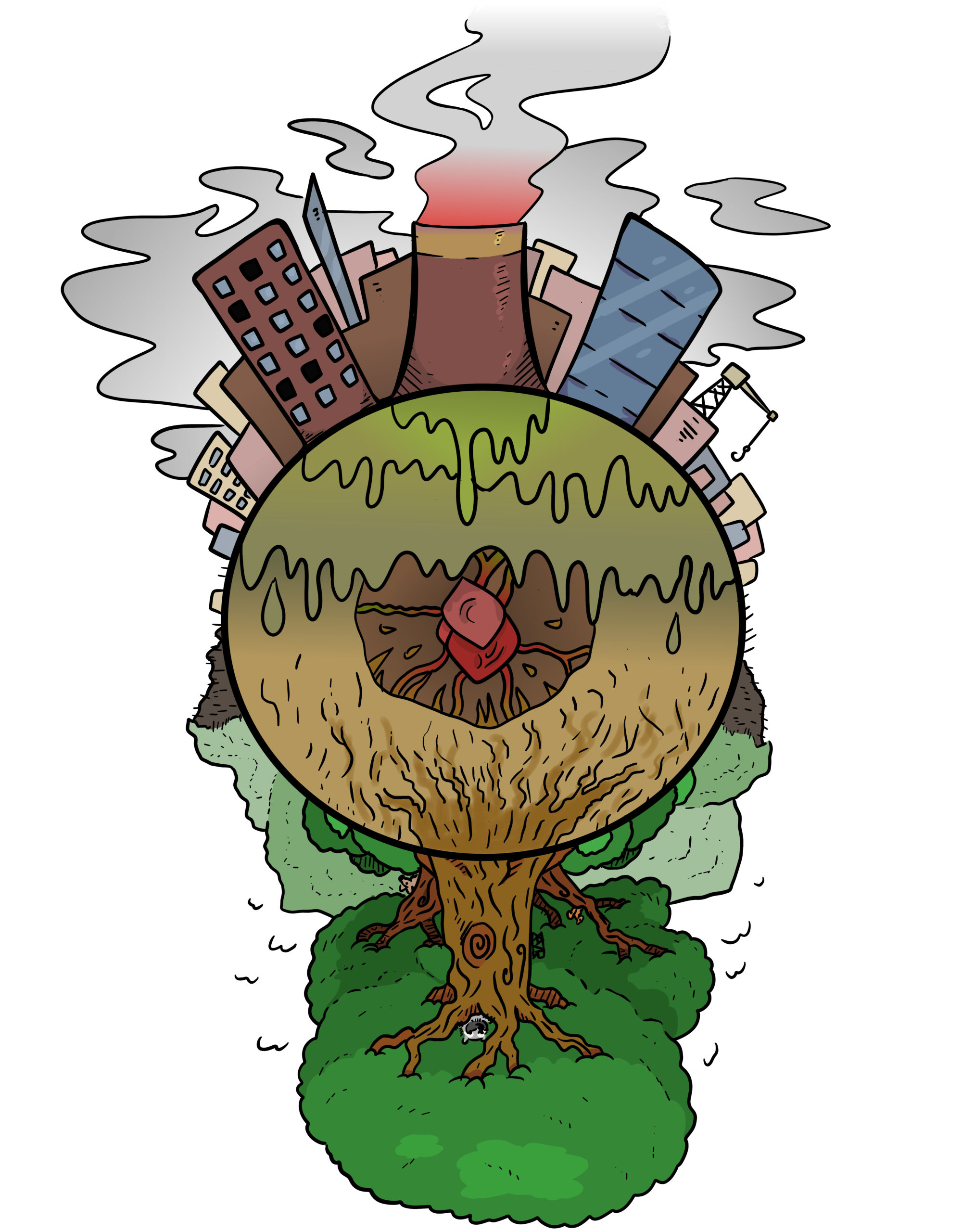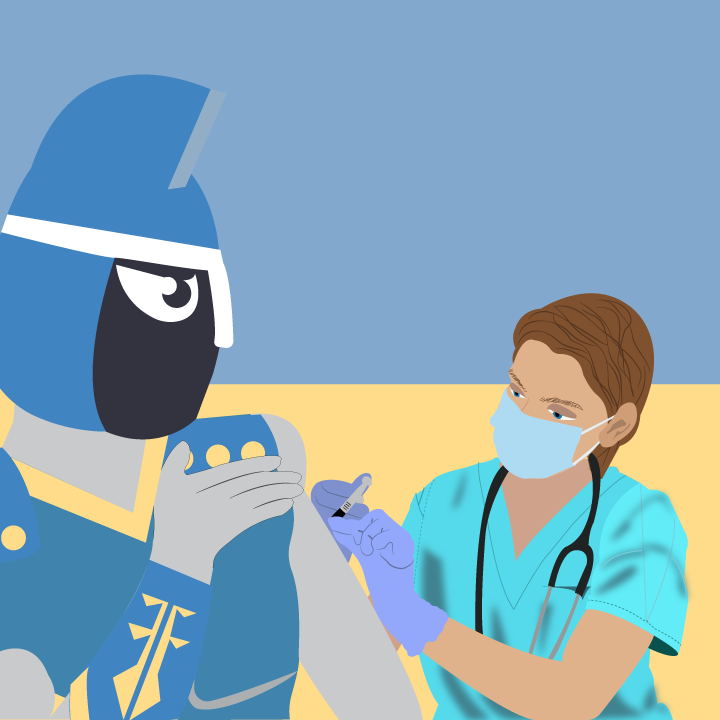City releases revitalized plans to combat global warming
According to recent U.S. Climate Data, the median summer temperatures for 2018 and 2019 in the Eugene area line up with what was predicted for the year 2100.
If environmental practices continue, the Willamette Valley can expect a 400-500% increase in acres burned annually by 2040. Temperatures are also expected to increase during the wet season causing a reduction in snowfall and an increase in rain. As a direct effect of this, the Cascades’ snowpack will be nonexistent by 2050 causing a dry-out of local streams and waterways.
The City of Eugene has enacted a plan intended to prevent this.
The Climate Action Plan 2.0, or CAP 2.0, is a renovated version of both the 2010 Climate and Energy Action Plan and the 2014 Climate Recovery Ordinance.
The CAP 2.0 focuses on data and research-driven actions to adapt, engage, and educate for climate change. “Our climate goals are ambitious, and business as usual will not get us there,” said Mayor Lucy Vinis. “We are excited to include recommendations from the CAP 2.0 Equity Panel, which was made up of six local organizations representing marginalized communities— groups who are known to be more adversely affected by climate change. This is one example of how the CAP 2.0 expands our community’s ability to address climate energy by approaching climate planning in a new way.”
The CAP 2.0 measures current greenhouse gas emissions and fossil fuel reductions as well as the willingness of the community to reach the goals set by the 2014 CRO within 10 years.
Such goals include reducing fossil fuel use from recorded 2010 levels by 50% and by 2100 achieving a total local greenhouse emission reduction of 7.6% annually. To do so, the CAP 2.0 focuses on three core pillars: community impact, partnership with local organizations and community members and a “roadmap” to illustrate city-wide goals over the years to come.
On the city’s website is a detailed list of current community actions, future plans and recommendations made for each of the three emissions pillars by the Equity Panel. Eugene Water and Electric Board, Northwest Natural, Food for Lane County, and Lane Transit District are a few of the community organizations that have already pledged their assistance to achieve a greener city.
“How we choose to approach this existential challenge is pivotal,” said Mayor Lucy Vinis. “This plan makes it clear that we will not meet our goals if we proceed as is. Facing such a crisis is sobering, and basing our actions on a realistic understanding of outcomes is essential to our success.”
For community members who want to get involved, the Equity Panel has included recommendations for climate education on their website. To further increase awareness, a worksheet has been included to actualize personal footprint information.
On Jan. 15, the Eugene City Council is expected to take final action on the CAP 2.0. An abridged version and full draft of the CAP 2.0 document is available online.



